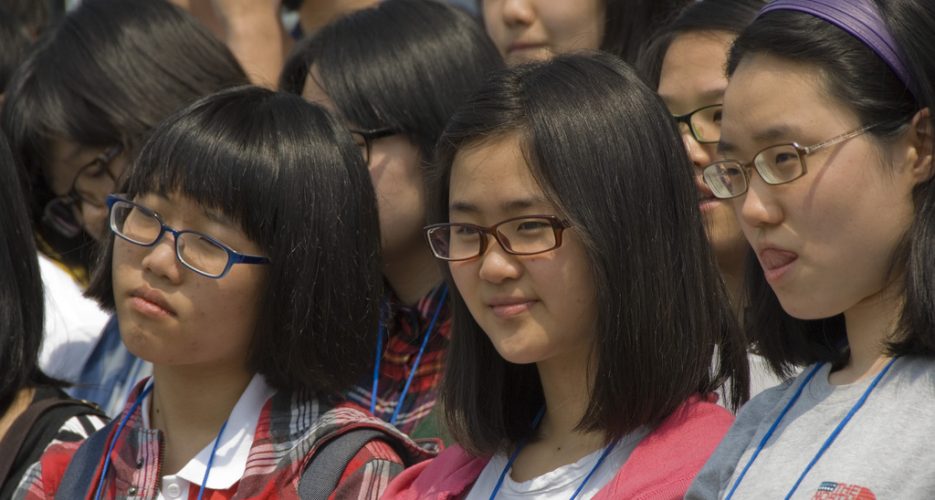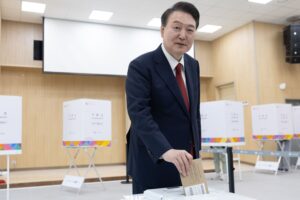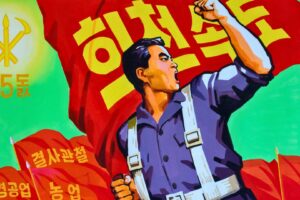South Korean culture plays a large role in North Korean defectors’ unsuccessful integration. Differences between North Korea and South Korea that have widened in recent decades have made it difficult for defectors to achieve cultural citizenship, or the acceptance and adoption of cultural norms and values determined by the government and civil society. Defectors have difficulty advancing economically, excelling academically and fitting in culturally. What role can the government play in enabling defectors to gain cultural citizenship? The answer lies in changing South Korean education policy.
Education has an important role in shaping national identity. The state uses education as a central tool to shape national identity formation and contribute to cultural citizenship of a nation. Subsequently, the government – through national education – plays a large role in determining the qualifications for who belongs. Historically, schools are used as tools to form a homogenous identity of national citizenry amongst the masses within the boundaries of a nation-state.
South Korean culture plays a large role in North Korean defectors’ unsuccessful integration. Differences between North Korea and South Korea that have widened in recent decades have made it difficult for defectors to achieve cultural citizenship, or the acceptance and adoption of cultural norms and values determined by the government and civil society. Defectors have difficulty advancing economically, excelling academically and fitting in culturally. What role can the government play in enabling defectors to gain cultural citizenship? The answer lies in changing South Korean education policy.
Education has an important role in shaping national identity. The state uses education as a central tool to shape national identity formation and contribute to cultural citizenship of a nation. Subsequently, the government – through national education – plays a large role in determining the qualifications for who belongs. Historically, schools are used as tools to form a homogenous identity of national citizenry amongst the masses within the boundaries of a nation-state.
Become a member for less than $4 per week.
Unlimited access to all of NK News: reporting, investigations, analysis
The NK News Daily Update, an email newsletter to keep you in the loop
Searchable archive of all content, photo galleries, special columns
Contact NK News reporters with tips or requests for reporting
Get unlimited access to all NK News content, including original reporting, investigations, and analyses by our team of DPRK experts.
Subscribe now
All major cards accepted. No commitments – you can cancel any time.










